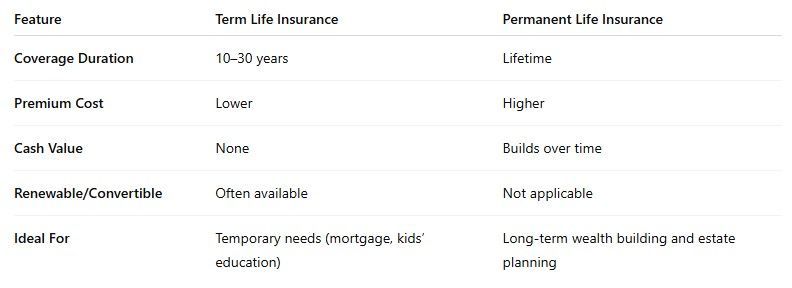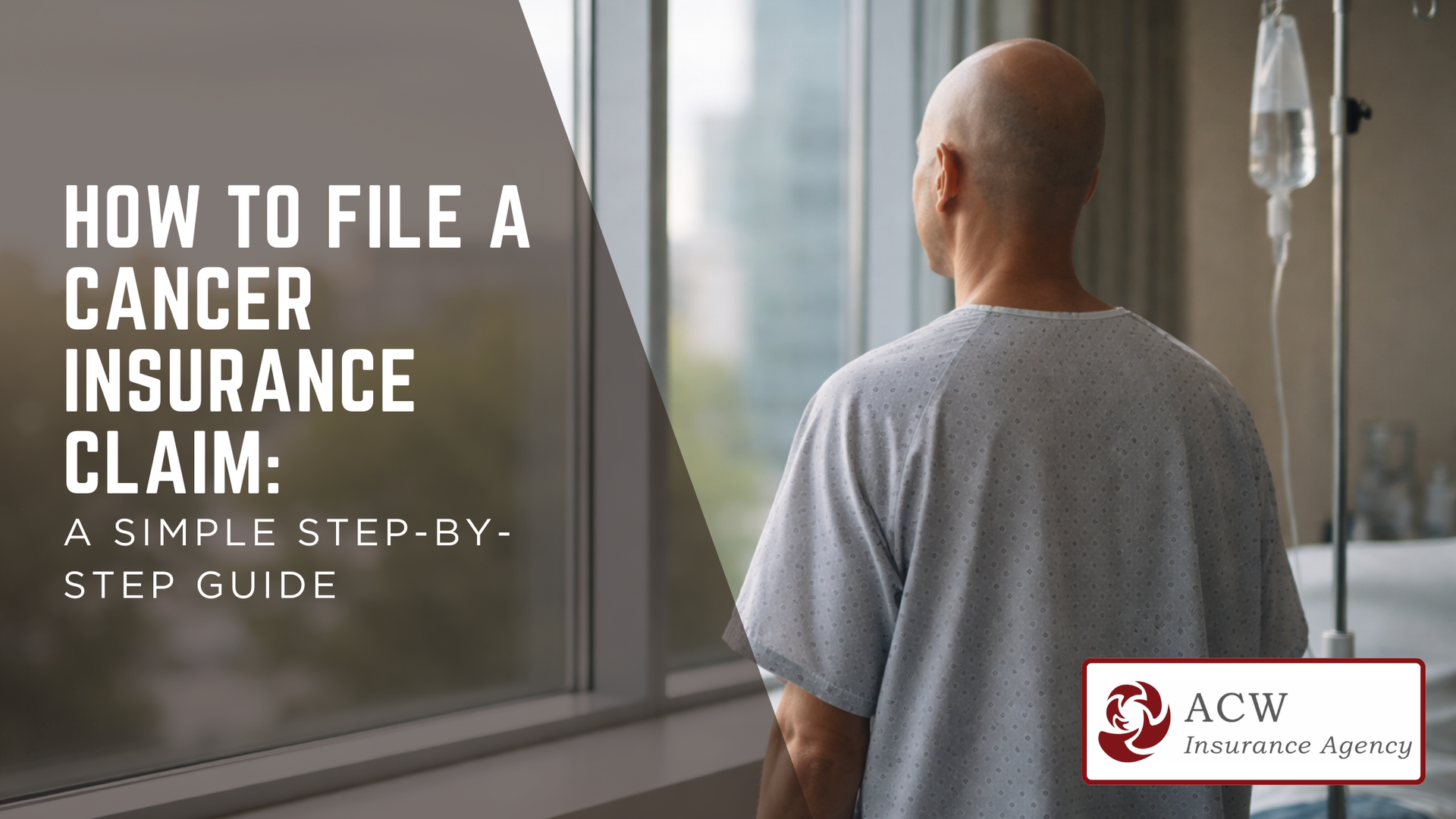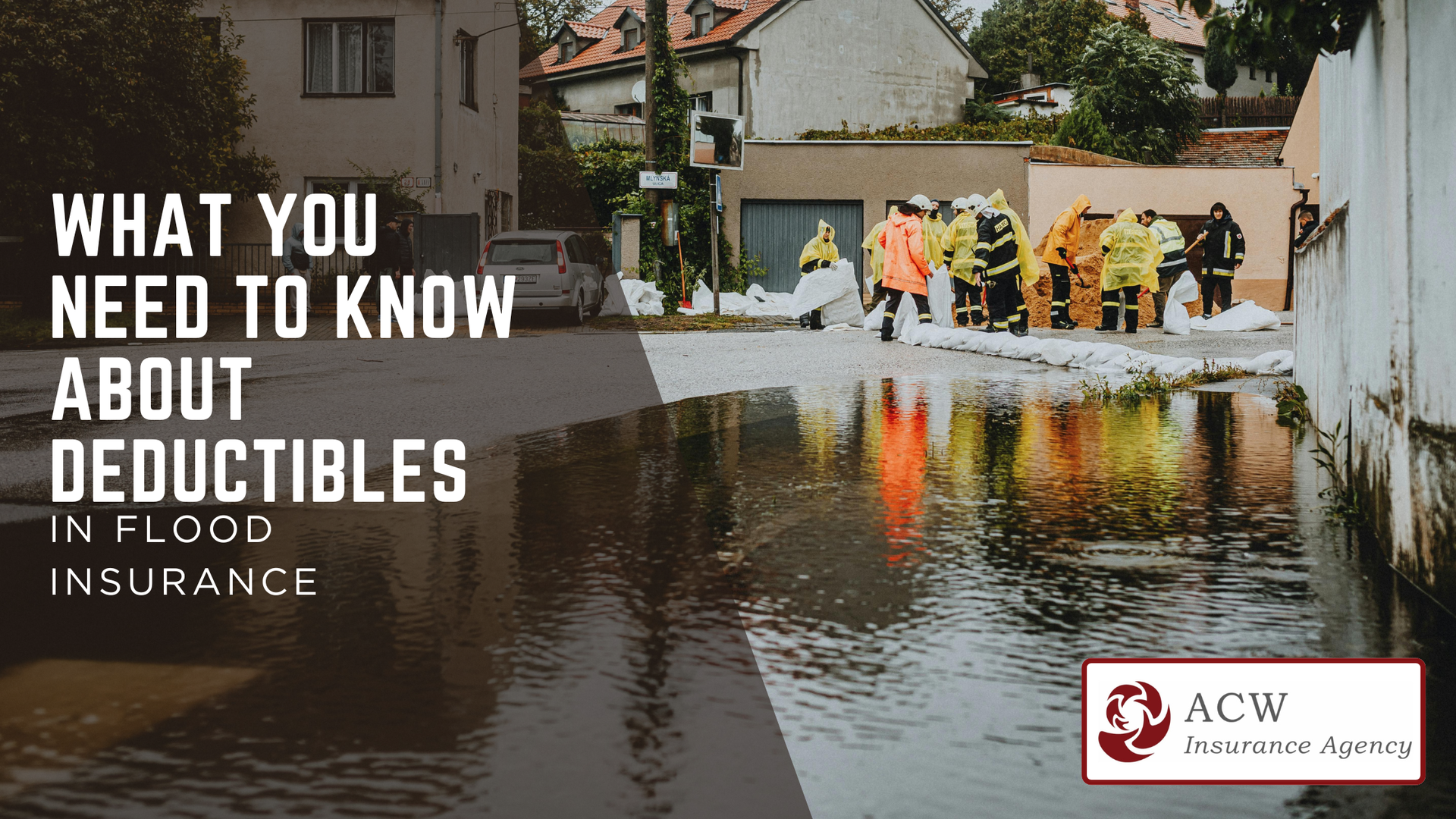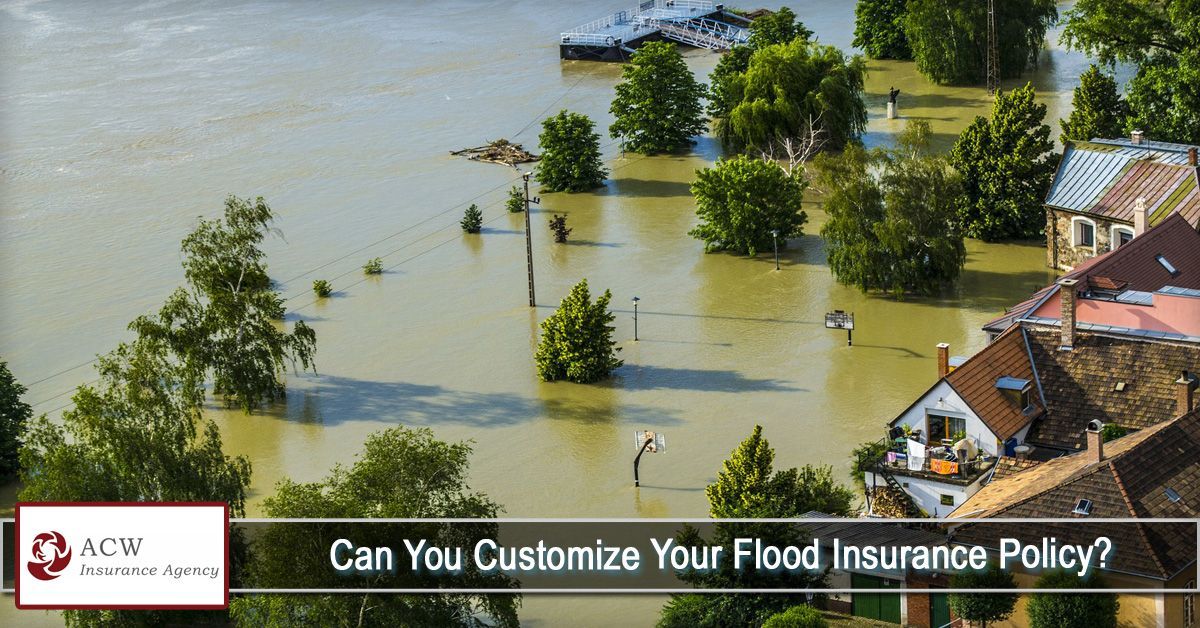
Life insurance is one of the most important tools for protecting your loved ones financially — but not all life insurance policies are the same. Among the various types available, term life insurance is often chosen for its simplicity and affordability.
However, many people wonder what happens when that term comes to an end. Does the coverage simply stop? Can it be renewed or converted? Understanding what to expect when your term life policy expires can help you plan ahead and make confident financial decisions.
Whether you live in Fort Pierce, FL, or anywhere else, knowing how your life insurance works — and what your options are when it ends — ensures your family remains protected long-term.
What Is Term Life Insurance?
Term life insurance provides financial protection for a specific period, or “term,” usually lasting 10, 20, or 30 years. If the policyholder passes away during that term, their beneficiaries receive a death benefit — a lump-sum payment to cover expenses like:
- Funeral and burial costs
- Mortgage payments
- Debt repayment
- College tuition
- Daily living expenses
Once the term ends, however, the coverage expires, and no benefits are paid out unless you take specific action to renew, convert, or replace it.
What Happens When a Term Life Insurance Policy Ends?
When your policy term reaches its expiration date, several things can occur depending on your coverage and insurer:
A. The Policy Simply Expires
If you take no action, your coverage will end automatically. You’ll no longer have life insurance protection, and your beneficiaries won’t receive a payout if you pass away after expiration.
B. You May Have the Option to Renew
Many insurers offer renewable term life insurance, allowing you to extend coverage for another term — often one year at a time. However, this comes with higher premiums since rates are based on your current age and health status.
C. You May Convert to a Permanent Policy
Some term policies include a conversion option, which allows you to switch to a permanent life insurance policy — such as whole life or universal life — without needing to requalify for coverage or take a new medical exam.
Converting to a permanent plan ensures continued protection and may also build cash value, which you can access later for emergencies or retirement needs.
Understanding Your Renewal Options
If you’re approaching the end of your term life insurance policy, here are your main options to maintain coverage:
1. Renew Your Term Policy
- Best for: Those who still need short-term protection.
- Pros: Extends your existing coverage without reapplying.
- Cons: Premiums typically increase each renewal period.
2. Convert to Permanent Coverage
- Best for: Individuals seeking lifelong coverage and a savings component.
- Pros: No medical exam required; provides lifelong benefits.
- Cons: Higher premiums than term life.
3. Buy a New Policy
- Best for: Healthy individuals who want fresh coverage with possibly better rates.
- Pros: Can customize the new policy length and benefit amount.
- Cons: Requires a new application and medical underwriting.
When Does It Make Sense to Let Your Term Life Policy Expire?
Not everyone needs to renew or extend their life insurance coverage. In some cases, letting your term policy expire can be a reasonable choice.
You might consider ending coverage if:
- Your children are financially independent.
- Your mortgage and debts are fully paid off.
- You’ve accumulated sufficient savings and retirement funds to support your spouse or dependents.
If your financial obligations have decreased, maintaining life insurance may no longer be necessary.
Common Mistakes to Avoid When Your Term Life Ends
Many policyholders make costly errors as their term life policy nears expiration. Avoid these pitfalls to protect your financial stability:
- Waiting Too Long to Review Your Options – Start evaluating your choices at least 6–12 months before your policy ends.
- Assuming Renewal Costs Will Be the Same – Renewal premiums can increase substantially due to age and health changes.
- Ignoring Conversion Deadlines – Some insurers limit the conversion period to the first 10 or 20 years of your term.
- Failing to Compare New Policies – Shopping around may reveal better rates or modern coverage features.
- Letting Coverage Lapse Without a Plan – A coverage gap leaves your family financially vulnerable if something unexpected happens.
How Term Life Differs from Permanent Life Insurance
It’s important to understand how term and permanent life insurance differ when deciding what to do after your policy ends.

If you’re nearing the end of your term in Fort Pierce, FL, a licensed insurance professional can help assess whether converting to permanent coverage or securing a new term policy is right for your circumstances.
Tips for Managing Term Life Insurance Expiration
Here’s how to prepare before your term policy ends:
- Review Your Financial Needs:
Determine if anyone still relies on your income.
- Check for Conversion Options: Don’t miss deadlines for policy conversion.
- Maintain Temporary Coverage: If you’re applying for new insurance, consider temporary coverage to prevent a lapse.
- Consult a Financial Advisor: Especially if you’re transitioning toward retirement or major life changes.
What If You Outlive Your Term Life Policy?
Congratulations — outliving your policy is a sign of good health and longevity! However, once your policy ends, you’ll have no payout or refund (unless you purchased a return-of-premium policy).
Return-of-Premium Term Policies
Some insurers offer term life plans that refund part or all of your paid premiums if you outlive the term. While more expensive, these policies provide a financial cushion once coverage expires.
Why It’s Important to Have Life Insurance
Life insurance plays a crucial role in ensuring financial security for your loved ones. Even if your term policy is ending, continuing coverage in some form is often a wise move.
Key Benefits of Life Insurance:
- Income Replacement:
Helps your family maintain their standard of living.
- Debt Coverage:
Pays off mortgages, loans, and credit card debt.
- Education Funding:
Provides for your children’s future college expenses.
- Final Expenses: Covers funeral costs and other end-of-life expenses.
- Estate Planning: Helps preserve wealth and reduce potential estate taxes.
Life insurance best serves:
- Families with dependents
- Homeowners with long-term mortgages
- Business owners with financial obligations
- Anyone seeking peace of mind for loved ones’ future security
Conclusion
A term life insurance policy offers valuable protection during the years your family needs it most — but when the term ends, it’s important to know your next steps. Whether you choose to renew, convert, or let it expire, your decision should reflect your current financial goals and family situation.
If you’re in Fort Pierce, FL, speak with a trusted local insurance advisor to review your options and ensure your life insurance strategy continues to meet your long-term needs. With proper planning, you can maintain peace of mind knowing your loved ones are protected no matter what the future holds.
At ACW Insurance Agency LLC, we are dedicated to providing our clients with comprehensive and affordable insurance policies. Our commitment extends to going the extra mile to address your specific needs. To learn more about how we can assist you, please contact our agency at (772) 261-2573 or CLICK HERE to request a free quote.
Disclaimer: The information presented in this blog is intended for informational purposes only and should not be considered as professional advice. It is crucial to consult with a qualified insurance agent or professional for personalized advice tailored to your specific circumstances. They can provide expert guidance and help you make informed decisions regarding your insurance needs.









